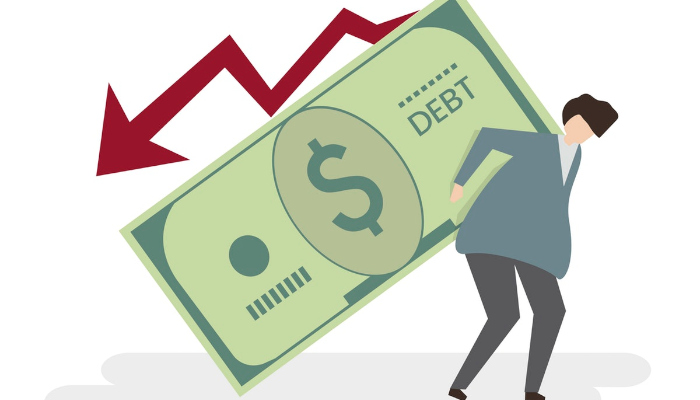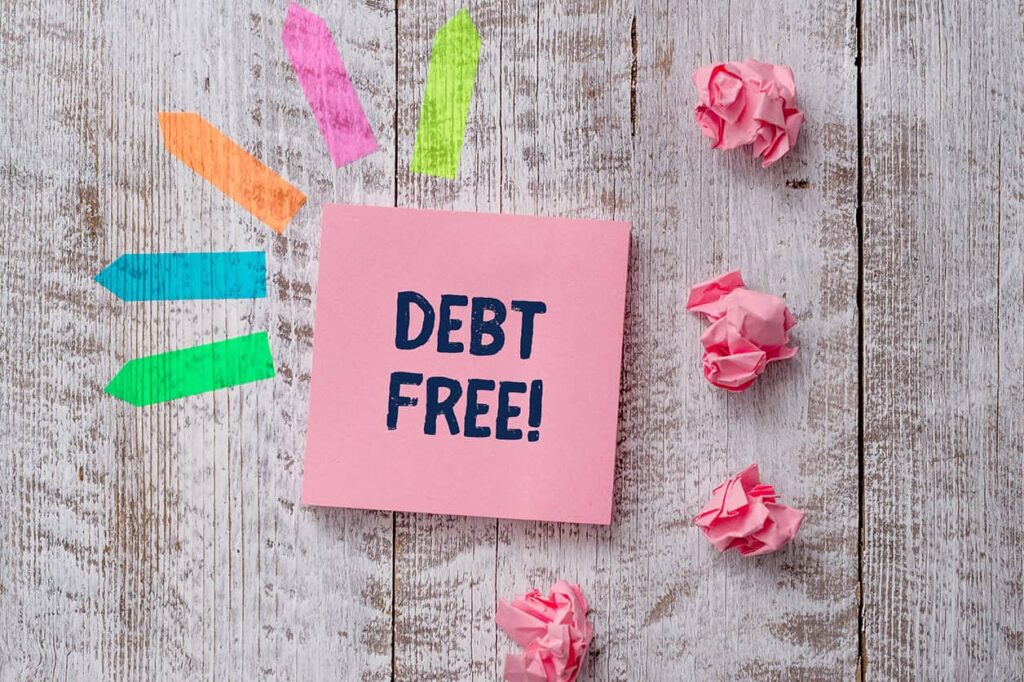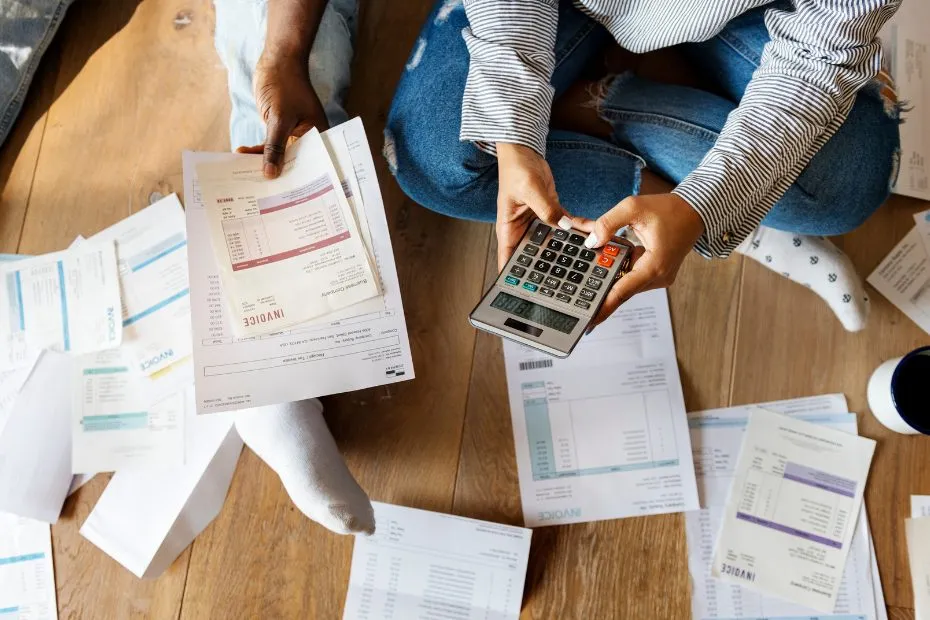Today, debt is part of the financial reality for many individuals and families, whether to finance projects, deal with unforeseen circumstances or simply balance a budget. However, when they become difficult to manage, they can quickly lead to stress and compromise financial stability. How can you get out of this spiral and regain control of your finances? This article offers practical, effective advice on how managing your personal debts, avoid common pitfalls and move forward serenely towards better financial health.
Managing your personal debt : what is it ?

A debt is a sum of money that an individual borrows from a person, institution or organization, with a commitment to repay it within an agreed timeframe. Managing your personal debt involves planning repayments, prioritizing the most urgent or costly debts, and adopting strategies to reduce interest or negotiate additional deadlines.
These are some types of debt:
- Consumer debt
Consumer debts are loans taken out to purchase non-essential goods and services, such as household appliances, vehicles or leisure activities. These debts often include consumer credit and credit cards. While they can improve the standard of living, they present risks in the event of non-repayment, which can lead to collection procedures or over-indebtedness. It’s crucial to limit these loans to real needs, and to draw up a clear repayment plan.
- Property debts
Property debts are loans taken out to acquire real estate, generally in the form of mortgages. These loans are secured by the property purchased, and often extend over several decades. Although they represent a long-term investment, interest rate fluctuations or poor management can lead to financial difficulties. Refinancing or choosing the right rates can help you manage these debts and reduce your risks.
- Tax debts
Tax debts are amounts owed to the authorities for unpaid taxes, such as income tax or VAT. They may result from errors in declarations, financial difficulties or delays. Failure to pay may result in penalties, seizure or prosecution. Rigorous management of tax obligations and negotiations with the authorities can prevent these debts from accumulating.
- Family debts
Family debts include informal loans between family members, often interest-free, for needs such as education, home purchase or emergencies. Although they are based on trust, they can lead to tension in the event of disagreements or non-repayment. To avoid this, it is advisable to formalize the terms of the loan and establish a repayment plan, even if informal, to preserve family relations.
Managing your personal debt: 6 essential tips

Here are five effective ways for managing your personal debts and put your money to more useful use.
List your debts
The first step for managing your personal debt is to determine the total amount of all your debts. You need to make a list of all your debts, including the amount owed, the interest rate and the minimum monthly payment.
This list could include personal loans, taxes owed, family pension, credit cards, student loans, mortgages, outstanding bills, car loans, etc…
Establish a repayment strategy and stick to it
The second way to manage your debts is to start setting up a repayment strategy and sticking to it. It’s essential to put an end to unnecessary spending to avoid swelling your debts even more. Here’s how to do it:
- Choose a payment schedule
Choosing a payment schedule and sticking to it is essential to managing and settling your debts. However, you need to be careful about the length of the payment schedule. The longer the schedule, the more discouraged you’ll be, and the more interest you’ll have to pay in the long run. Likewise, a short payment schedule can be a source of pressure and may seem less realistic.
- Rank your debts
In the process of paying off your debts, it’s important to prioritize certain debts. Start with debts with the highest interest rates, such as credit cards and payday loans. That way, you’ll pay less interest and get out of debt faster.
Depending on your financial capacity, you can also start with the debts with the lowest balances. These are easier to settle and can be a source of motivation to pursue and persevere in your goal of freedom. Nevertheless, it must be recognized that they can become costly, especially when you have several high-interest debts.
Talking to your creditors
Your creditors are the people to whom you owe money. Some of them may be more flexible and humane in granting you more time to settle your debts or raise interest rates. You can start with family members to whom you owe, or financial institutions offering loans.
Eliminate additional unnecessary habits and expenses to save money
Unnecessary daily practices like our wants and desires cause us to spend every day. If this is the case, consider eliminating these sources of spending and using them to pay off your debts. You could, for example, take outdoor trips instead of expensive outings.
Call in an advisor
In some situations, enlisting the help of an advisor or financial management expert can be a real lifesaver. These professionals have the skills needed to analyze your financial situation, identify your budget’s weaknesses and suggest solutions tailored to your needs. Whether you need to negotiate with your creditors, restructure your debts or set up a realistic repayment plan, their expertise can help you avoid costly mistakes and regain financial stability.
What’s more, a financial advisor can help you establish new financial habits. By offering practical tools and personalized advice, he or she can help you better manage your income, reduce unnecessary spending and prevent future debt.
Increase your sources of income
To pay off your debts faster, it can be advantageous to find ways of increasing your income. Start exploring opportunities in your professional field, such as overtime, a promotion or a part-time job.
If your current job doesn’t allow it, consider diversifying your activities by taking on a freelance project, developing digital skills. For example, editorial, design or personal services jobs are accessible and can offer interesting additional income.
Another option is to monetize resources already in your possession. You can rent out an unused room, sell items you no longer use or take part in collaborative platforms such as car-sharing.
In conclusion, managing debt requires discipline, rigor and, sometimes, outside support. It should be noted that debt management is not just about repayment, but also about preventing future indebtedness and adopting good financial habits. With patience, perseverance and, if necessary, support, it’s possible to regain financial stability and move serenely towards better financial health.



